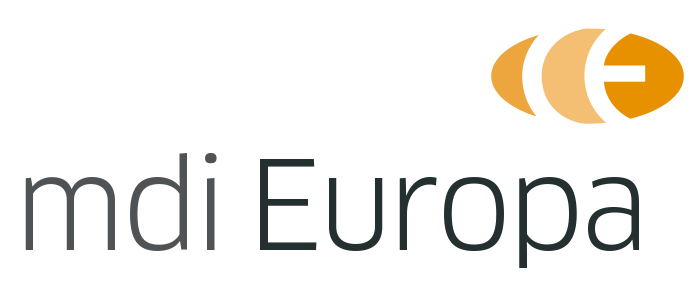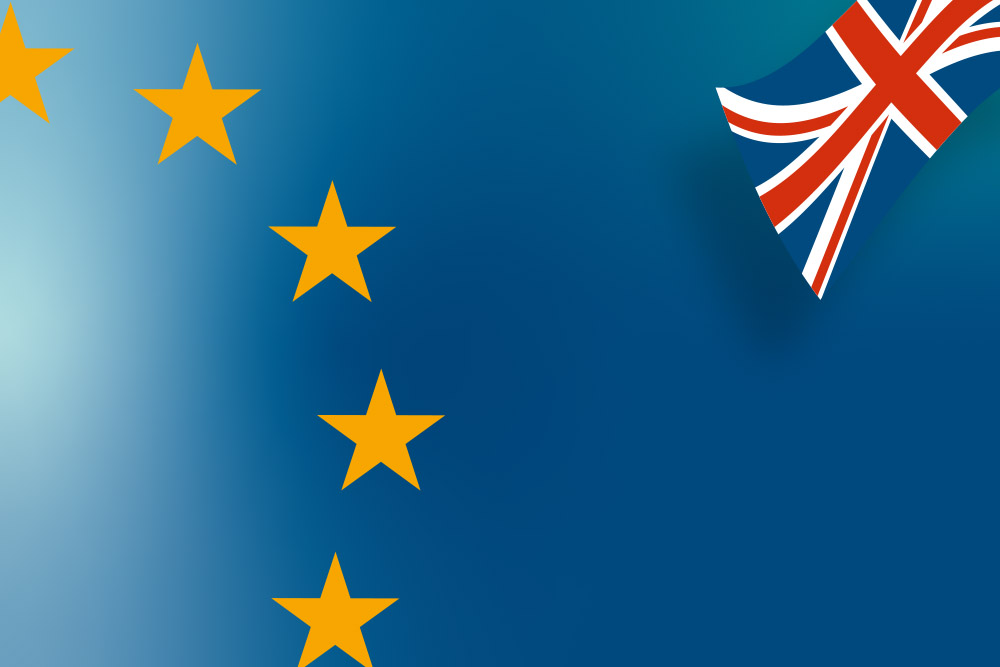The UK Medicines and Healthcare products Regulatory Agency (MHRA) disclosed its draft policy for UK recognition of international regulators’ approvals of medical devices earlier in May this year. This policy will be applicable in Great Britain, with full execution expected by 2025. The UK MHRA has proposed using approvals from third countries and Medical Device Single Audit Programme (MDSAP) certificates.
These routes will be supplementary to the UKCA marking process and the current transitional recognition of devices with CE marks issued under EU device regulations will continue until at least 30 June 2030.
UK regulations scheduled for mid-2025 will encompass international recognition and reliance. The UK regulator has established a framework called Comparable Regulator Countries (CRCs) to leverage the expertise and decision-making of other global regulators. It would have the authority to deny applications if the evidence provided is deemed insufficiently robust.
The MHRA has selected the following device regulatory jurisdictions as CRCs:
- US Food and Drug Administration (FDA);
- EU member state national competent authorities;
- Health Canada; and
- Australian Therapeutic Goods Administration (TGA).
The proposed framework would establish a certificate of international recognition, enabling devices to gain access to the Great Britain market, although it would not provide UKCA certification. Reliance on the work of other regulators is seen as a more effective form of regulatory oversight, according to the MHRA. This approach would lead to more predictable and faster approvals, improving patient access to high-quality medical devices. Additionally, reducing duplication of file assessments will enable the MHRA to direct more attention towards innovative products, benefiting manufacturers in resource allocation.
Manufacturers must submit a dossier to MHRA in the relevant CRC format or the International Medical Device Regulators Forum (IMDRF) table of contents format. Full dossiers will not be reviewed by the MHRA but may be assessed if required. Evidence of approval and a post-market surveillance (PMS) plan associated PMS report, or periodic safety update report (PSUR) will be evaluated. Companies must also have a UK-responsible person, whose name will be included on the label via over-labelling or, in the future, digital labelling. The framework will not be applicable in Northern Ireland, which is governed by the EU MDR and IVDR.
Source: Medtech Insight (an Informa product)





